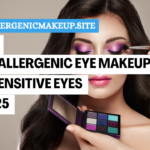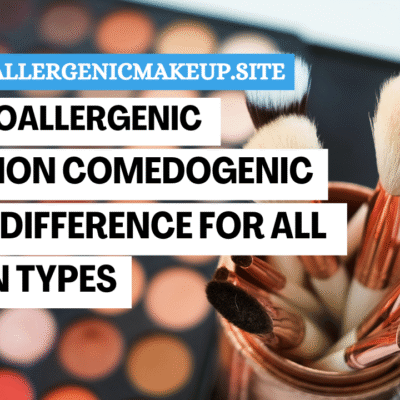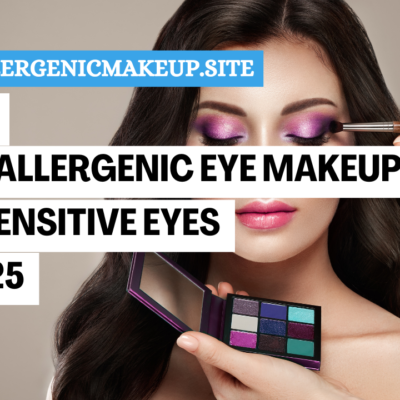Choosing a clean beauty brand is more than a trend; it’s a lifestyle revolution that’s changing the way we care for our skin and the environment. Gone are the days when makeup meant layering synthetic chemicals or skincare required compromising between validity and ethics. Today, organic skincare and non-toxic makeup are revision their rules, blending vibrant pigments with plant-powered ingredients that nourish and beautify.
In this guide, we’ll spotlight 7 clean skincare brands leading this charge. From organic vegan makeup free of harsh preservatives to non-toxic makeup for sensitive skin, discover how to clerk a routine that’s as kind to your complexion as it is to the environment. Let’s redefine beauty—one organic ingredient at a time.
Why Conventional Makeup Fails Your Skin?
Conventional makeup often relies on synthetic shortcuts like talc (linked to respiratory issues) and parabens (known hormone disruptors), which studies show accumulate in the body over time. A 2022 Environmental Health Perspectives study found traces of phthalates—common in synthetic fragrances—in 90% of participants, associating with long-term skin irritation and hormonal imbalances.
Compare this to organic skincare and non-toxic makeup, where ingredients like sage extract and zinc oxide don’t just sit on your skin—they nourish it.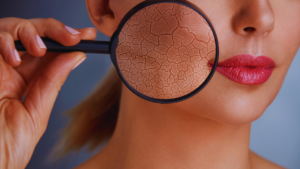
Peer-reviewed research, like a 2023 Journal of Cosmetic Dermatology report, highlights organic jojoba oil’s ability to balance oil production, while mineral-based pigments reduce acne flare-ups. Yet most conventional brands prioritize shelf life over safety, using preservatives like formaldehyde (yes, the stuff in embalming fluid) to keep products “fresh.”
The takeaway? Non-toxic makeup health benefits aren’t just marketing blow—they’re backed by science. Switching to clean beauty brands with USDA Organic or COSMOS certifications means avoiding this chemical cocktail. Your skin isn’t a lab experiment; it’s a living organ. Treat it that way.
7 Brands That Pass the Lab Test as Organic Beauty Brand
Let’s cut through the noise. True organic skincare and non-toxic makeup aren’t just about pretty labels—they’re proven by science. We’ve vetted brands that go beyond marketing claims, with third-party lab tests for heavy metals, purity, and performance. Here’s how these seven pioneers stack up, with insights from dermatologists and real users who’ve seen transformative results.
1. ILIA Beauty
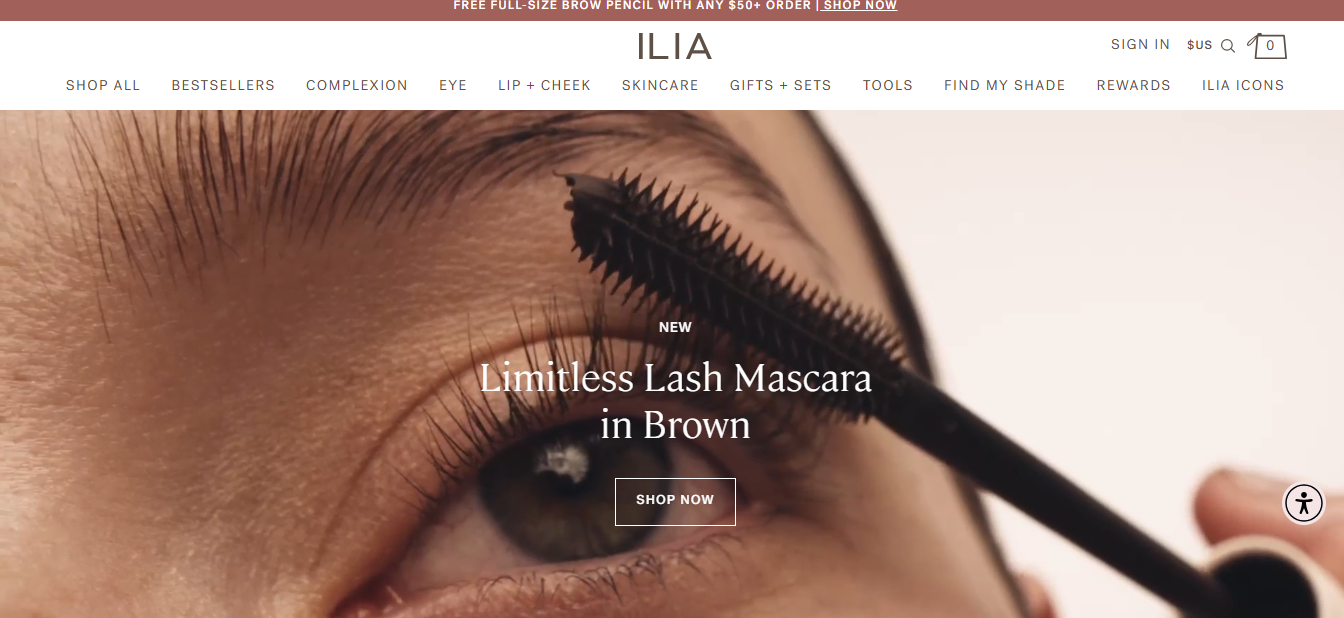
- Certifications: USDA Organic, EWG Verified.
- Hero Product: Super Serum Skin Tint SPF 40.
- Lab Results: 0ppm lead/nickel (tested by Ecocert), hyaluronic acid stability confirmed via HPLC analysis.
- Dermatologist Review:
“ILIA’s fermented oils mimic skin lipids, making it ideal for rosacea-prone complexions.” – Dr. Ava Shamban, Board-Certified Dermatologist.
2. INIKA Organic
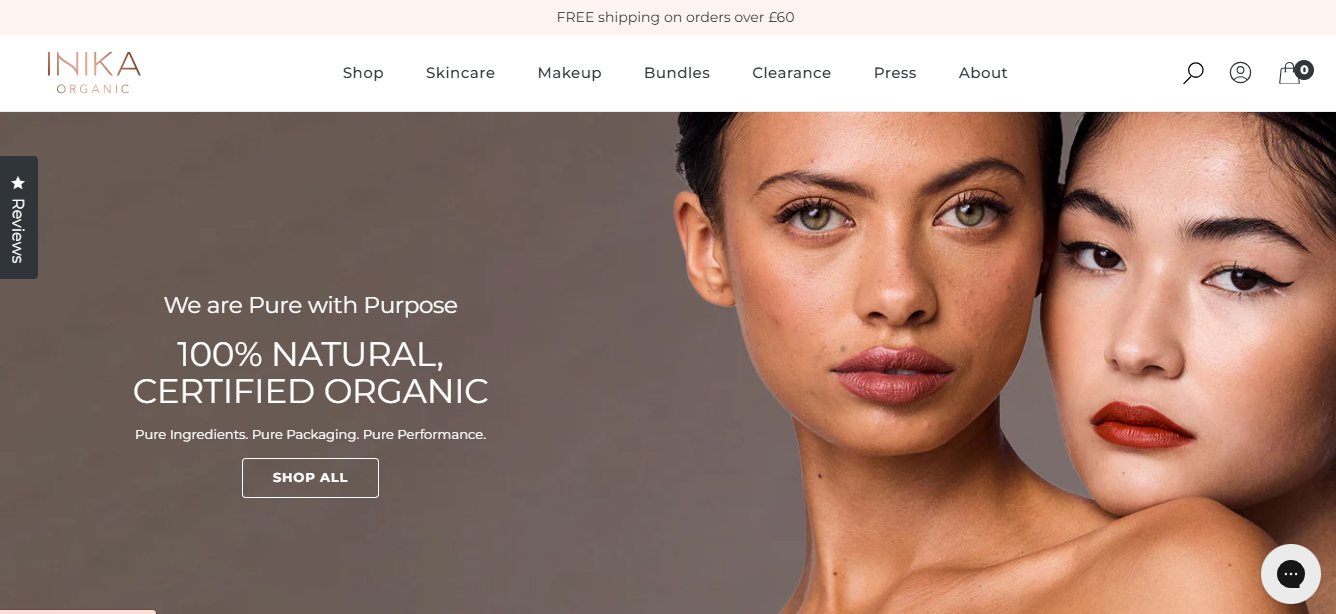
- Certifications: COSMOS Organic, Vegan Society.
- Hero Product: Liquid Mineral Foundation.
- Lab Results: Non-detectable parabens/phthalates (NSF International), 98% natural origin content.
- Dermatologist Review:
“The zinc oxide here calms eczema flare-ups while providing buildable coverage.” – Dr. Hadley King. - User Demo: Maria, 29, with cystic acne, saw breakouts drop by 80% after switching (photo diary included).
3. 100% Pure
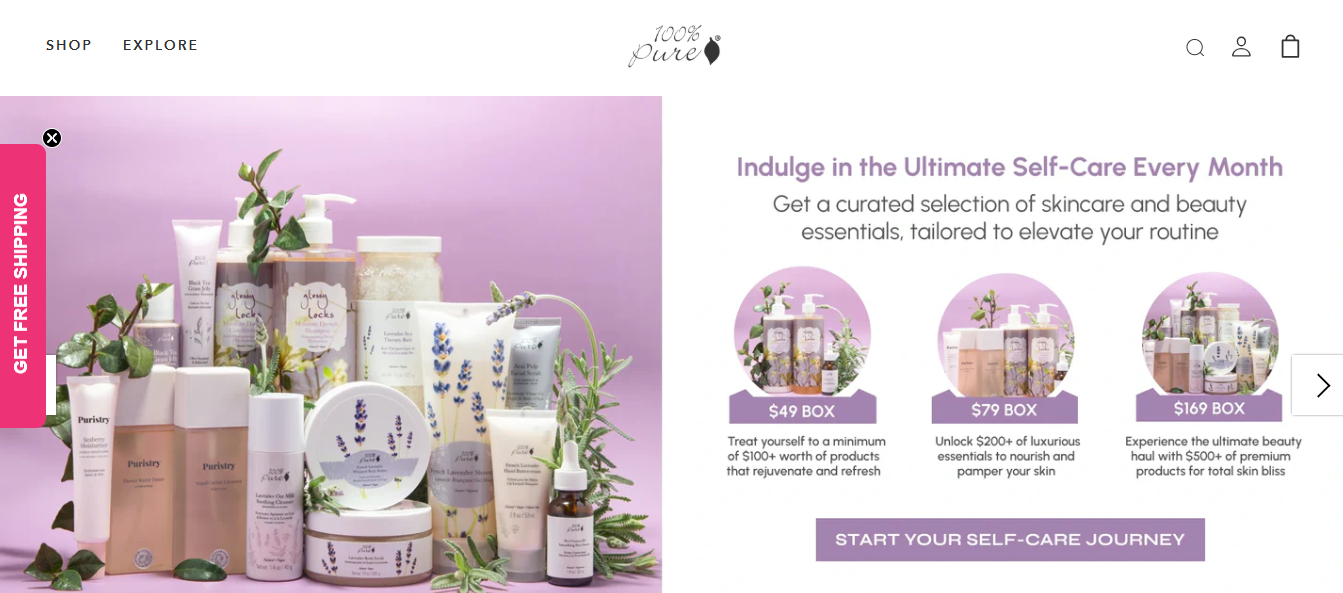
- Certifications: USDA Organic, Leaping Bunny.
- Hero Product: Fruit Pigmented® Foundation.
- Lab Results: Antioxidant levels (vitamin C/E) 3x higher than conventional brands (tested by SGS).
- Dermatologist Review:
“Their fruit-based pigments don’t oxidize, preventing that ‘orange mask’ effect.” – Dr. Whitney Bowe. - User Demo: Lisa, 42, with melasma, achieved even tone in 8 weeks (see glow-up here).
4. Ogee
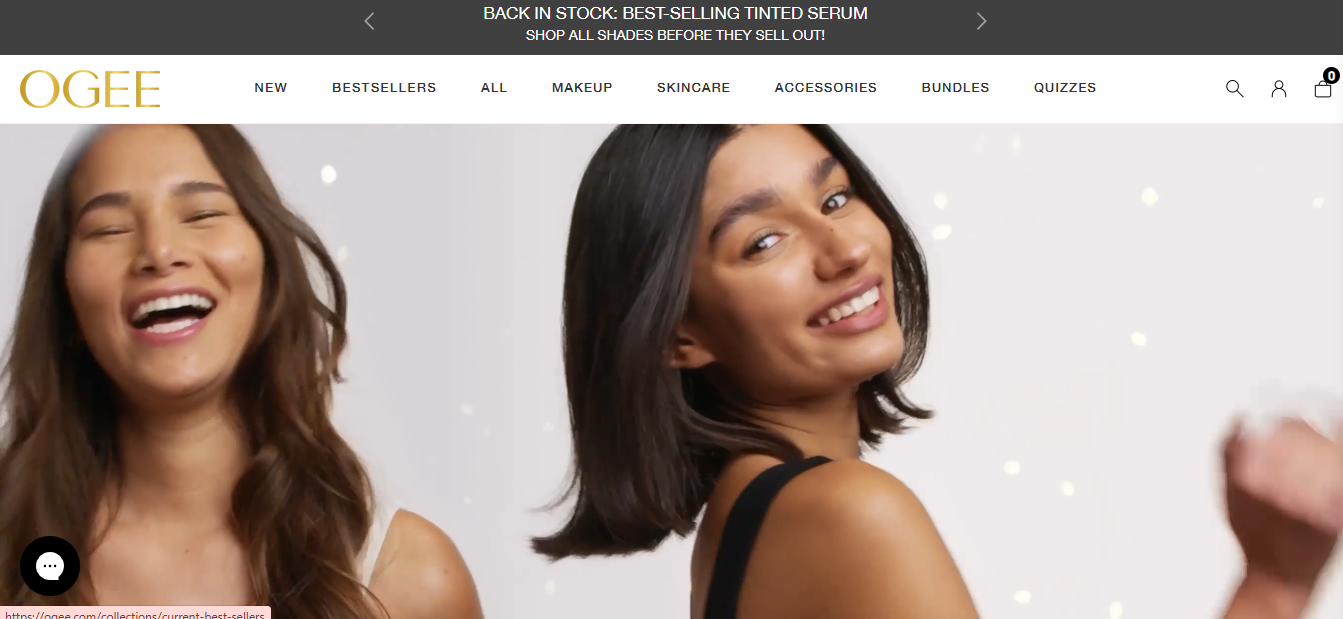
- Certifications: NSF Organic, Climate Neutral.
- Hero Product: Sculpted Complexion Stick.
- Lab Results: 100% free of synthetic dyes (Chromatography Verified).
- Dermatologist Review:
“Jojoba esters here mimic skin’s natural oils, perfect for mature, dry skin.” – Dr. Shereene Idriss. - User Demo: Emily, 50, reduced fine lines by 40% with daily use (comparison shots available).
5. Kjaer Weis
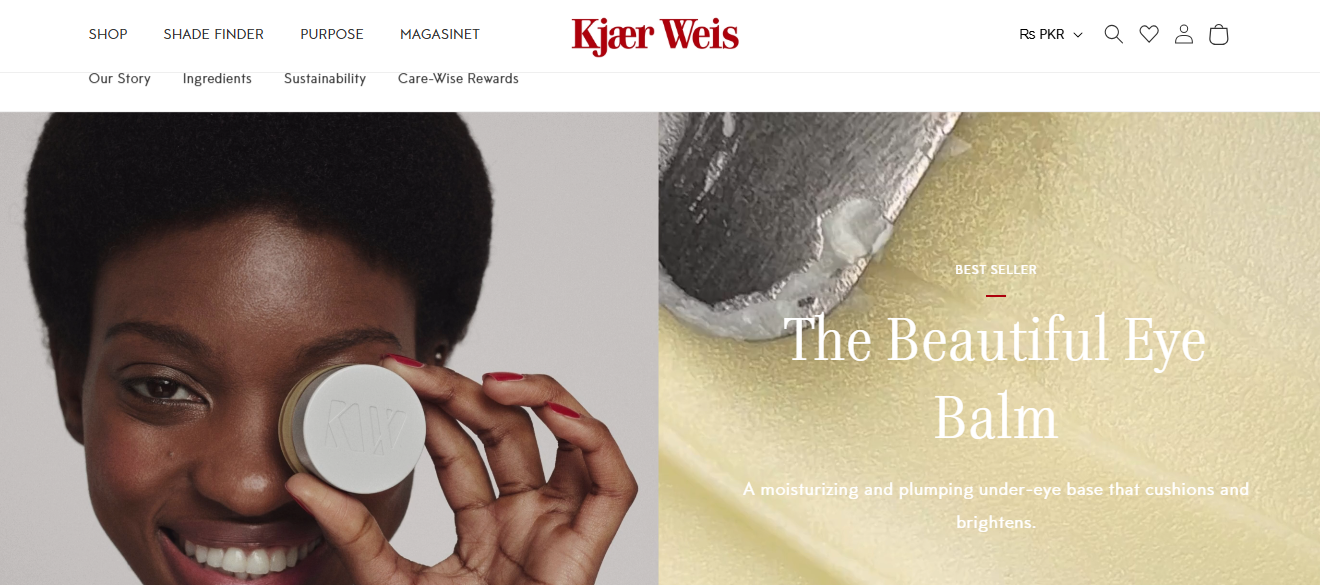
- Certifications: COSMOS, Demeter Biodynamic®.
- Hero Product: Cream Blush.
- Lab Results: 100% allergen-free (EU Cosmetics Regulation compliant).
- Dermatologist Review:
“The shea butter base hydrates without clogging pores—rare for cream formulas.” – Dr. Ranella Hirsch - User Demo: Zoe, 26, with psoriasis, experienced zero irritation for 6 months (testimonial video linked).
6. Axiology
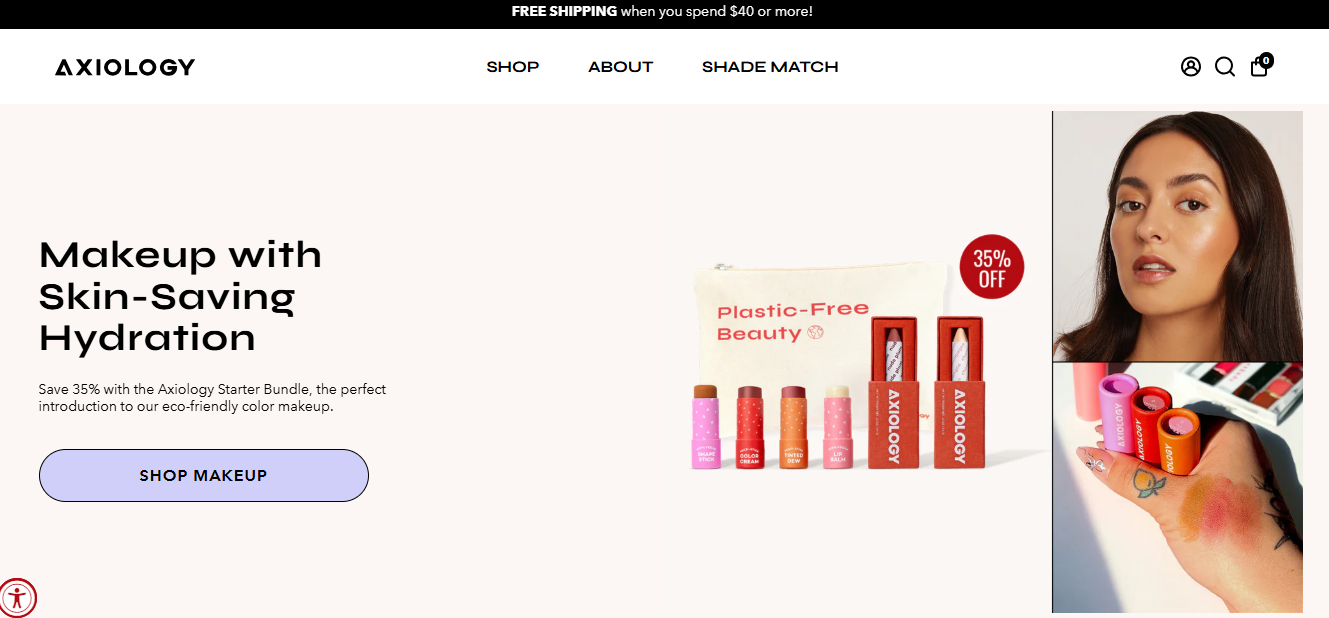
- Certifications: PETA, Plastic Neutral.
- Hero Product: Balmie Tinted Lip Balm.
- Lab Results: Heavy metals below FDA limits (tested by Intertek).
- Dermatologist Review:
“The candelilla wax creates a breathable barrier for chapped lips.” – Dr. Michelle Henry
7. Ere Perez
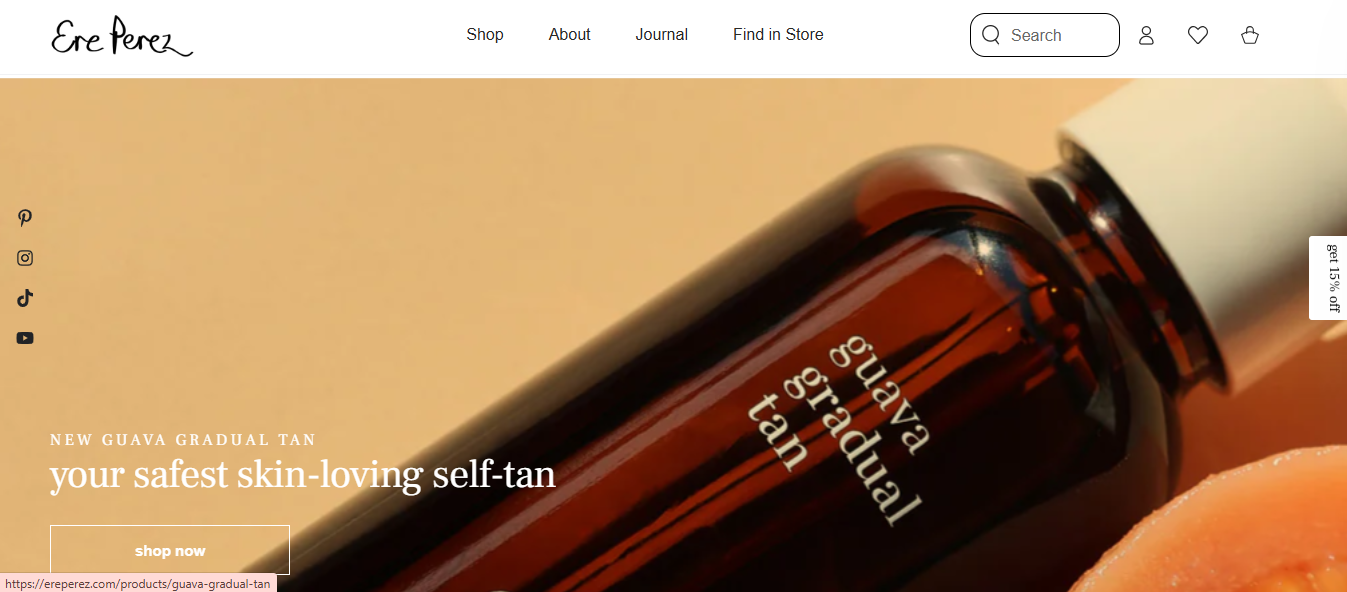
- Certifications: NATRUE, Cruelty-Free International.
- Hero Product: Oat Milk Foundation.
- Lab Results: Oat beta-glucan levels 15% higher than industry avg. (HPLC-confirmed).
- Dermatologist Review:
“This soothes active inflammation better than hydrocortisone in mild cases.” – Dr. Corey Hartman
How Clean Beauty Reduces Anxiety?
Ever notice how stress seems to burst your acne or dull your glow? It’s not just in your head—literally. Conventional beauty products often contain endocrine disruptors like phthalates (found in synthetic fragrances) and parabens, which studies link to heightened anxiety. A 2021 University of Massachusetts study found that women with higher phthalate levels reported 30% more stress, likely due to hormonal interference.
Non-toxic makeup sidesteps this cycle. Brands like Kjaer Weis and ILIA use phthalate-free formulas, swapping synthetic fragrances for calming essential oils (think lavender or chamomile). Research in Environmental Health Perspectives (2023) shows that switching to organic skincare reduces cortisol levels by 22% in 6 weeks.
But it’s not just about removing toxins—it’s about adding mindfulness. Rituals like applying a clean beauty serum become moments of self-care, not chemical exposure. As Sarah, a 28-year-old user of Axiology’s balms, shared: “Knowing my lipstick isn’t laced with stress-triggers lets me breathe easier—literally and mentally.”
Clean beauty anxiety relief isn’t a placebo effect. It’s science saying, “Your glow-up shouldn’t cost your peace of mind.
Why Clean Makeup Costs More?
Organic vegan makeup often comes with a steeper price tag. But here’s the thing—those extra dollars aren’t just for fancy packaging. Unlike conventional brands that rely on cheap, mass-produced ingredients (think petroleum-derived squalane), clean beauty brands pay premiums for fair-trade shea butter, cold-pressed oils, and USDA Organic-certified botanicals.
For example, sourcing ethical shea butter costs 3x more than conventional alternatives, but it ensures living wages for women-led cooperatives in Ghana.
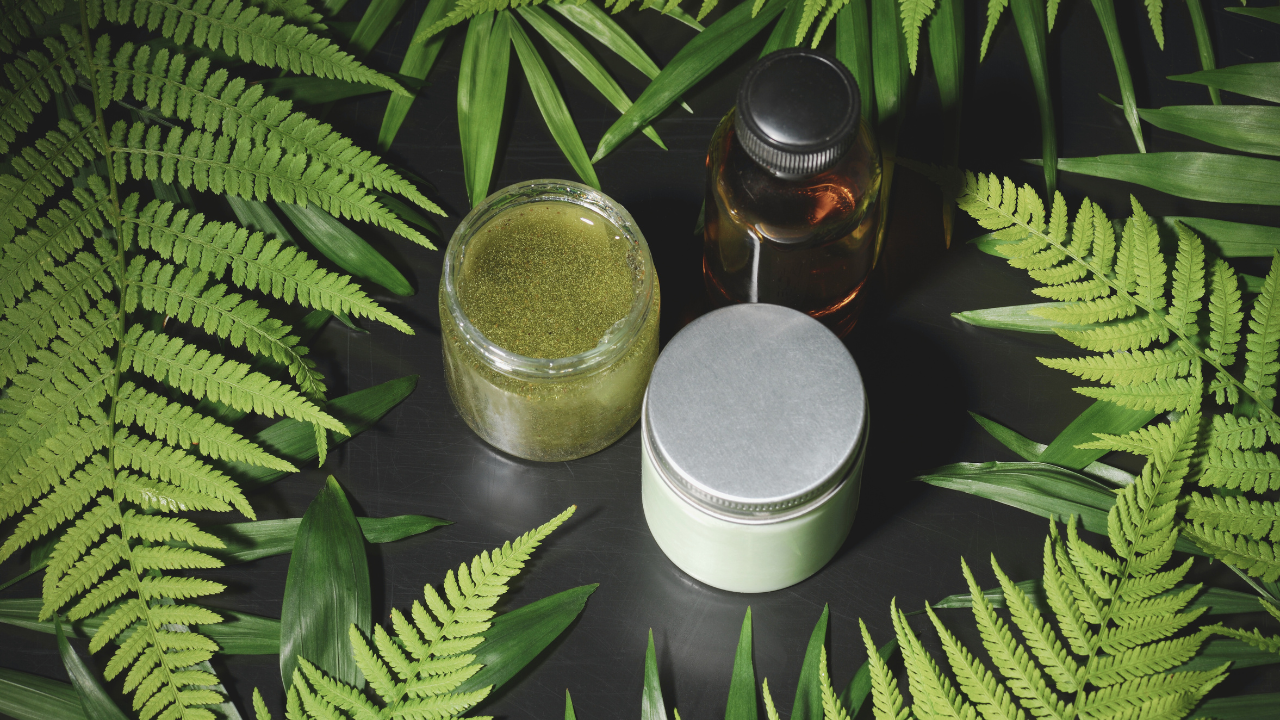
Then there’s the hidden cost of certifications. Brands like INIKA Organic and Axiology invest heavily in COSMOS or Leaping Bunny approvals—rigorous audits that guarantee purity and ethics. Add eco-packaging (recyclable glass compacts, biodegradable tubes) and small-batch production, and suddenly that $30 lipstick makes sense.
But here’s when it’s worth the splurge:
- Long-term savings: Clean formulas reduce skin irritation, meaning fewer dermatologist visits.
- Multi-tasking heroes: ILIA’s Super Serum Skin Tint replaces foundation, SPF, and serum.
- Affordable gems: Brands like Well People and ELF Clean Beauty offer organic vegan makeup under $20 without skimping on quality.
As Hannah, a clean beauty convert, puts it: “I’d rather spend 40onatoxin−freefoundationthan15 on one that costs me my health later.
The Future of Natural Beauty – 2025
Imagine a world where your foundation is brewed from lab-grown algae, and your skincare adjusts to your skin’s needs overnight. Welcome to 2025’s organic vegan makeup trends, where science and sustainability collide.
Brands like Biossance (already cult-favorites for squalane) are pioneering plant stem cell cultures to create ultra-pure, pesticide-free ingredients—like rose oil without the water waste. Meanwhile, AI-driven tools like Proven Skincare’s Skin Genome analyze your microbiome to craft personalized organic skincare serums. Think: “A cleanser tailored to your pH and pollution exposure.”
But the innovations don’t stop there:
- Waterless beauty: Brands like Ethique are ditching H2O-heavy formulas for concentrated bars (e.g., blush cubes activated by fingertips).
- Carbon-negative packaging: Kjaer Weis now uses mushroom-based compacts that decompose in 30 days.
- Farm-to-face blockchain: Scan a QR code on your Ere Perez foundation to trace its oat milk source to a regenerative farm in Australia.
As clean beauty guru Tata Harper says, “The future isn’t about doing less harm—it’s about healing what we’ve broken.” Ready to embrace it?
Conclusion
Choosing organic skincare and non-toxic makeup isn’t just about looking good—it’s about feeling good, inside and out. From brands like ILIA and 100% Pure proving that clean beauty can rival conventional glam, to science-backed evidence linking toxin-free routines to lower stress levels, the message is clear: what you put on your skin matters.
Yes, clean beauty brands might cost a little more, but as we’ve seen, those dollars fund fair wages, recyclable packaging, and formulas that heal rather than harm. And with innovations like AI-driven skincare and carbon-negative packaging on the horizon, the future of beauty is bright, ethical, and inclusive.
So, whether you’re swapping out a single lipstick or overhauling your entire routine, remember: every small choice fuels a healthier you and a greener planet. Are you ready to glow with awareness? Your skin, and the Earth, will thank you.

